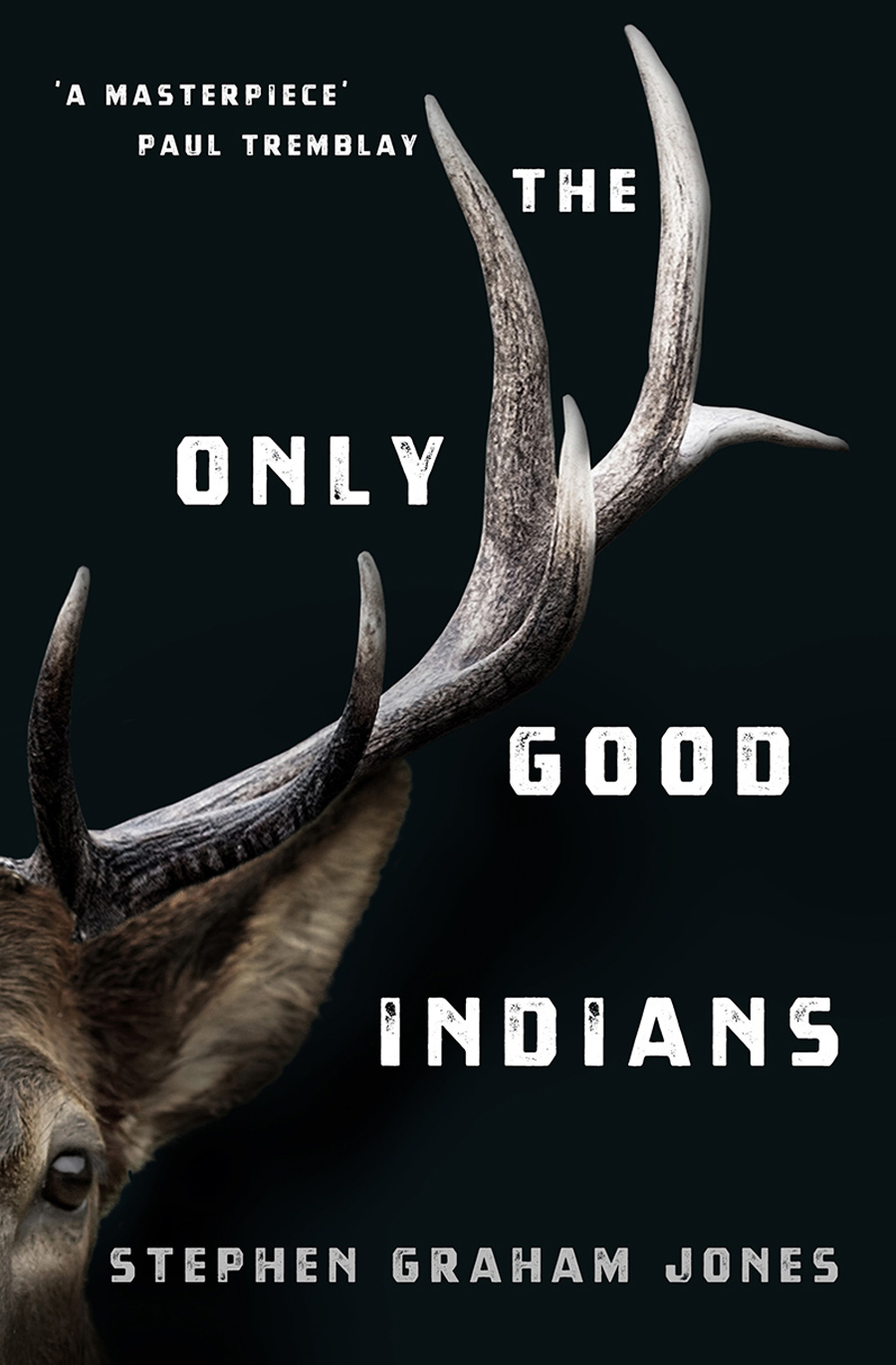
Novelist Stephen Graham Jones ('96 M.A.) loves freaking out readers.
"I like that the reader can have all their defenses up, can be looking for the zippers on the monster, and then see that zipper, shrug this so-called horror off, and think they leave this experience unchanged," he says. "Until it's three in the morning and they have to traverse a long dark hallway, and all the seeds that a novel or story or movie planted in their imagination bloom, offer dark fruit."
Now more readers may get that dark fruit. His latest book, The Only Good Indians, has been called "gritty and gorgeous" by The New York Times, and Entertainment Weekly named him the "Jordan Peele of horror literature," as a nod to the Get Out director. Jones, who teaches at the University of Colorado at Boulder, has been awarded the Bram Stroker Award and was a finalist for the Shirley Jackson Award and the World Fantasy Award. He's written more than 25 books, including Mapping the Interior and Mongrels, and more than 300 short stories. He also won a Texas Institute of Letters Award.
Jones grew up in West Texas, which has influenced his stark settings. A Blackfeet Native American, his books often touch on indigenous cultures. Indians, for examples, follows a group of four friends who are haunted by an incident during an elk hunt.
"I guess I've just always hunted, so setting a slasher in hunting territory let me mash two of my favorite things together on the page," he says. "I got to take a Jason Voorhees spirit of vengeance up to the reservation. Instead of Manhattan, this slasher tries to take the Blackfeet."
He took some writing classes at Texas Tech University, where he earned his bachelor's degree, then came to UNT to "snag whatever craft tricks I could." He says he had great workshops with Barb Rodman and William J. Cobb, both faculty members in the English department. He remembers hearing a chime in his head – about story number 50 – and realizing, "Oh, this is how you do it? What have I been doing all along?"
"Every time out, it's like -- say you break horses. You have certain tricks and practices that you try to implement each time, that usually lead to something like a rideable horse. But each horse is different, too. You have to adapt, come up with a new strategy. That's how writing novels is for me. Each one comes with its own set of difficulties, its own wonderful possibilities. So I just halter them up, lead them around and around the pen, and at some point, I swing a leg over, see how far we can run."